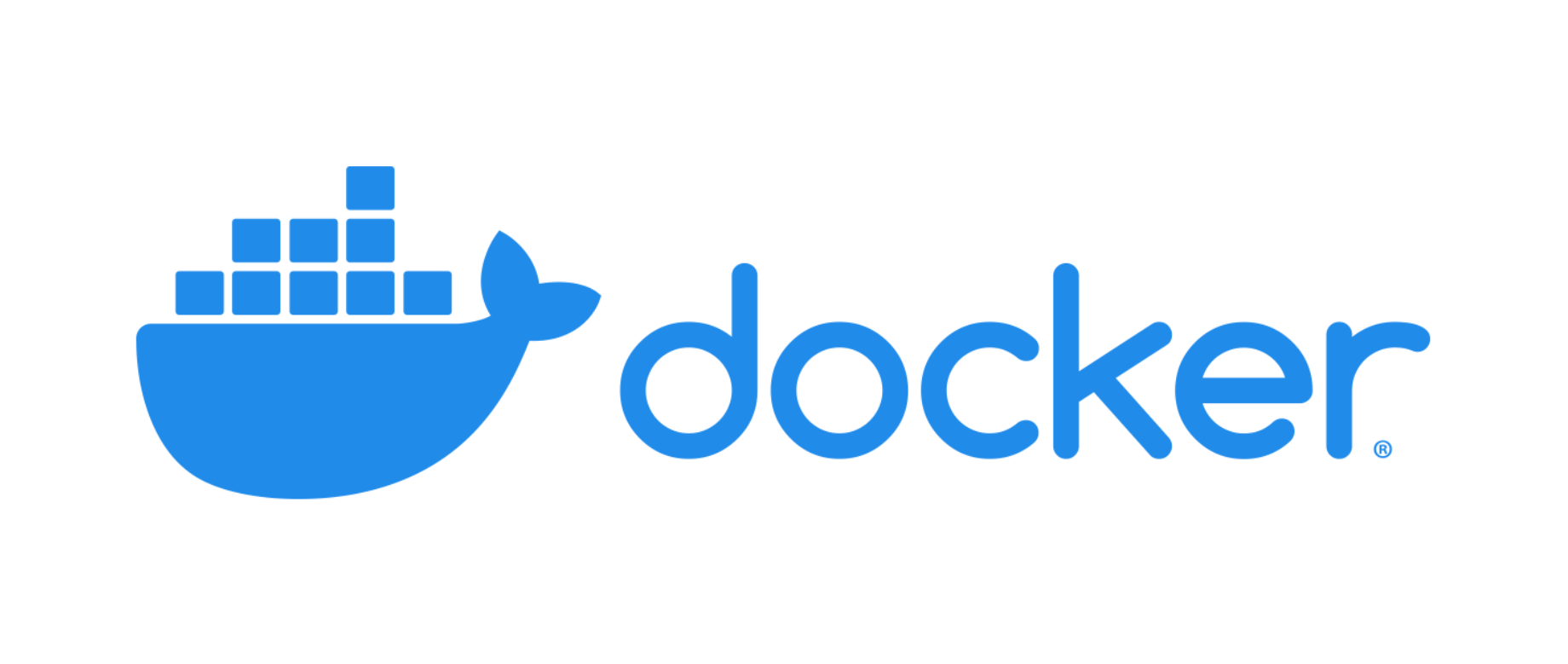An Introduction to Containerization
In recent years, containerization has become an essential part of modern software development. Docker is one of the most popular tools for containerization. In this blog, we will introduce Docker, how it works, and why it is so important in software development.
What is Docker?
Docker is an open-source platform that enables developers to build, ship, and run applications in containers. Containers are a lightweight, standalone package of software that includes everything needed to run the application, including code, libraries, and system tools. Unlike virtual machines, containers don’t require a separate operating system or hardware, making them much more efficient and portable.
How does Docker work?
Docker works by creating containers from Docker images. A Docker image is a lightweight, read-only template that contains everything needed to run an application, including the code, dependencies, system tools, and libraries. Docker images are built using a Dockerfile, which is a script that defines the application and its dependencies.
Once an image is built, it can be used to create multiple containers. Each container is an instance of the image that runs as a separate process on the host machine. Containers are isolated from each other, so they can run multiple applications with different dependencies on the same host.
Why is Docker important in software development?
Docker has revolutionized software development by making it easier to build, ship, and run applications. Here are some of the key benefits of using Docker:
Portability
Docker containers are highly portable, meaning they can be moved between different environments without any changes. This makes it easy to deploy applications to different cloud providers or on-premises environments.
Consistency
Docker containers ensure consistency between development, testing, and production environments. This eliminates the “it works on my machine” problem, where developers face issues in production due to differences between environments.
Efficiency
Docker containers are much more efficient than virtual machines. They use fewer resources, are faster to start and stop, and can be scaled up and down quickly.
Collaboration
Docker enables developers to work together on a single codebase and ensure that their applications run in the same environment, regardless of the operating system or hardware used.
Conclusion
Docker is a powerful tool for containerization that has transformed the way software is developed, shipped, and deployed. By creating lightweight, portable containers, Docker has made it easier for developers to build, test, and deploy applications in a consistent and efficient manner. As software development continues to evolve, Docker will undoubtedly play an essential role in the future of the industry.


